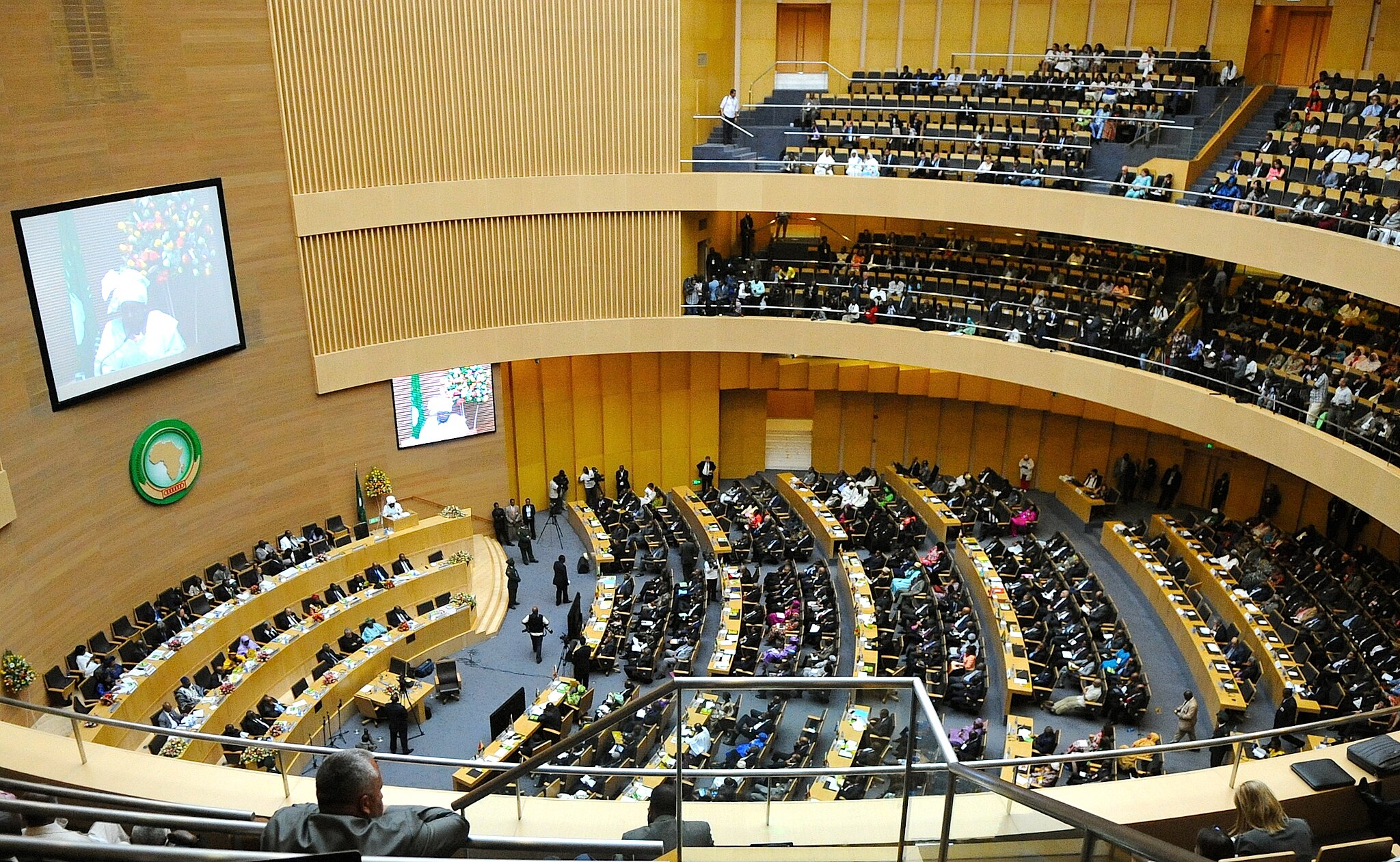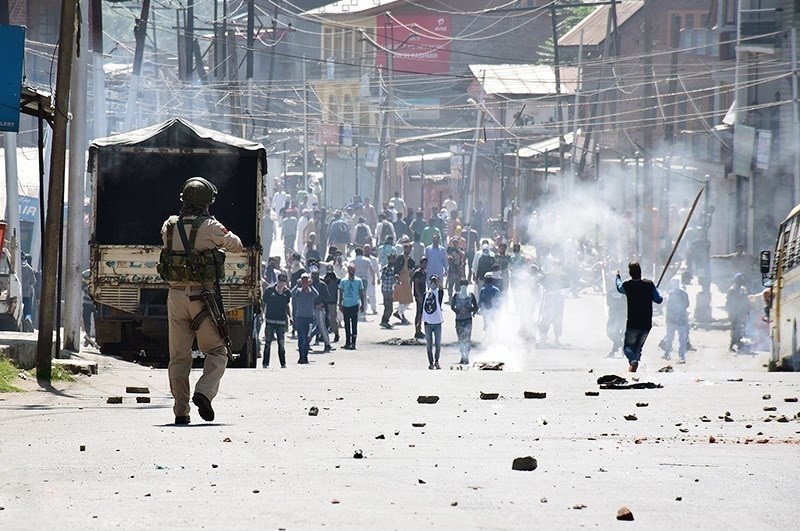During the administration of President Uhuru Kenyatta, the separation of powers came under pressure and the relationship between the executive and the judiciary became increasingly acrimonious. The opposition seemed co-opted into the government, while Deputy President William Ruto acted as de facto opposition. Ruto campaigned for a class-based struggle and economic reforms, contrasting with opposition leader Raila Odinga’s attempts to maintain his image as a champion of the marginalized. In the August 2022 presidential elections, Ruto narrowly defeated Odinga, who was backed by Kenyatta.
With economic growth rates averaging between 4% and 7% over the past years, Kenya is one of the fastest-growing economies in Africa. Some structural difficulties remain, including the rampant corruption, the effects of climate change and a high public debt burden (67.3% of GDP in 2022), with the government spending around 60% of its revenues on debt servicing. Russia’s invasion of Ukraine, rising inflation rates as well as rising energy and food costs have added to these problems.
Ruto’s victory led to some progressive measures in governance, including judicial appointments and the disbandment of a special police unit that violated human rights. However, the director of public prosecutions dropped several criminal and corruption cases. The politicization of the fight against corruption makes it difficult to establish whether the Kenyatta government was wrong to initiate cases or whether the Ruto government is determined to save political cronies.

